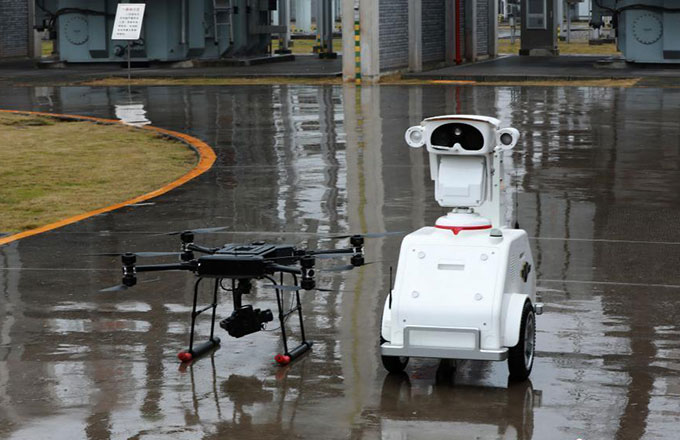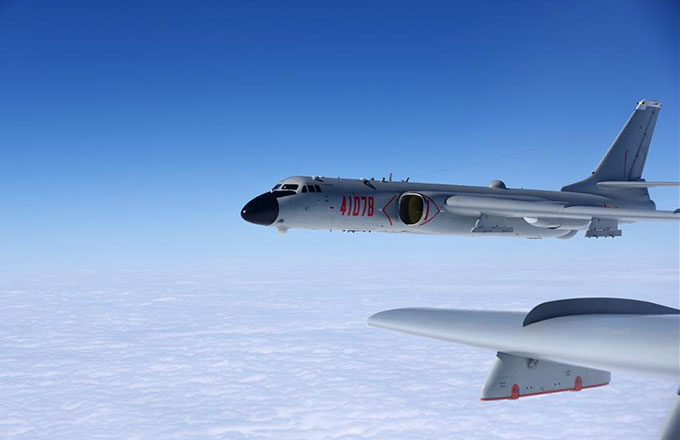Airbus to set up innovation center in Shenzhen
SHENZHEN -?Airbus Thursday announced that its second global innovation center will be established in Shenzhen, South China's Guangdong province, with the aim to accelerate innovation and shape the future of flight.
The Airbus China Innovation Centre will serve to strengthen the European aviation giant's plan to shape a future-oriented worldwide innovation ecosystem following its A3 innovation center located in Silicon Valley.
"China will be the leader of the future flight. Airbus is willing to define and build the future of the global sky in joint hands with China," said Paul Eremenko, chief technology officer of Airbus.
The new innovation center will benefit from the advantages of policy planning, talent resources, and a favorable investment and financing environment in Shenzhen to impact global aviation innovation, Eremenko said.
In July 2017, Airbus appointed Luo Gang as CEO of the Airbus China Innovation Centre, without confirming where the center would be located. Luo's team has already set up a number of ongoing initiatives in autonomous flight, unmanned vehicle, and in-flight experience.
As a pioneering city in China's reform and opening-up, Shenzhen boasts global competitive advantages in technology research and development, industrialization, and international expansion.
Airbus Thursday signed a memorandum of understanding (MOU) with Invest Shenzhen to establish a long-term strategic partnership on innovation.
According to the MOU, both sides will work together to accelerate research and development, application, and industrialization of in-flight experiences, connectivity, new energy, and urban air mobility (UAM).
Both sides with be devoted to cultivating an integrated hardware and software ecosystem, relying on Shenzhen's high-end aviation research and development and advanced manufacturing industry value chain.
"China will surely become a pivotal power in defining the future of the world's skies," said Eric Chen, president of Airbus China. "Airbus will continue to deepen mutually-beneficial and multi-dimensional cooperation with China."
By the end of August, the Airbus fleet in China had exceeded 1,480 aircraft, around half of the country's in-service civil airplanes.





























